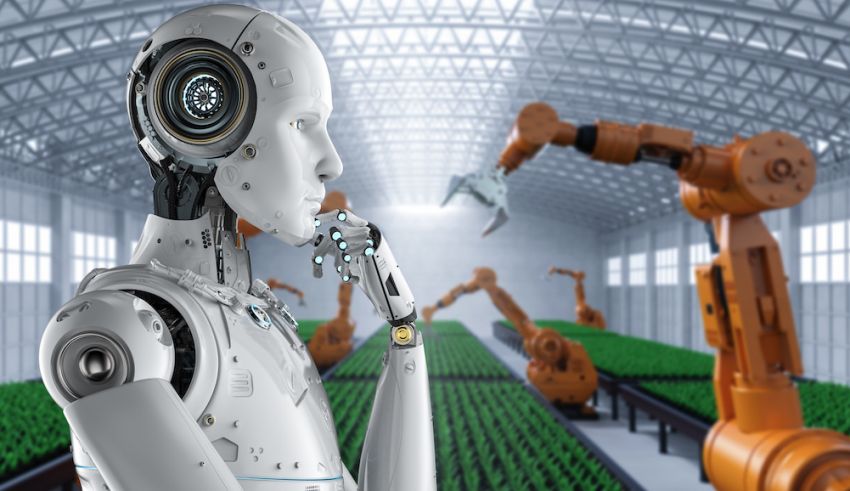How Technology Is Transforming Agriculture

Innovation in agriculture has historically been driven by necessity, and this trend continues to evolve, especially in the field of agriculture technology (AgTech). Over the course of history, technological advancements have played a crucial role in enhancing farming efficiency, reducing reliance on human labor, and improving overall crop quality. With the global population experiencing exponential growth, the demand for sustainable and increased food production has never been more pressing.
In response to the challenges posed by climate changes and a burgeoning population, AgTech is emerging as a transformative force in agriculture, offering solutions to boost efficiency and minimize waste. Visual sensing AI, for instance, is now deployed to augment crop and soil monitoring. This technology tracks crop health, analyzes data, and employs sophisticated algorithms to provide more precise yield predictions while identifying signs of crop malnutrition. Farmers can leverage this information to make well-informed decisions concerning resource allocation, labor requirements, and other operational considerations.
Among the notable digitalization advancements in this realm are smart soil sensors, representing a potential game-changer. These sensors leverage Internet-of-Things (IoT) technology, drones, and sensory equipment to enhance connectivity in farm-level processes. By accurately measuring essential variables in soil composition, these systems continuously monitor conditions and promptly report any interventions required. The integration of IoT sensors reduces physical workload by automatically and instantly transmitting field readings to a central system.
For a comprehensive exploration of AgTech and additional instances of its applications, refer to the accompanying resource.
Digital Agriculture 101 from Schnell Industries, a transloader conveyors manufacturing company







